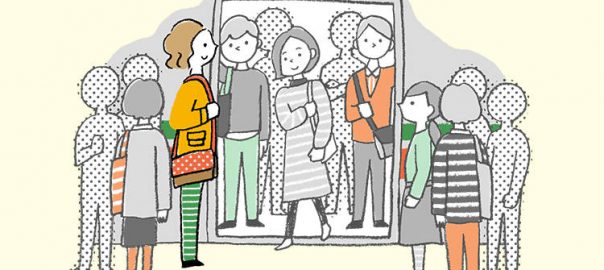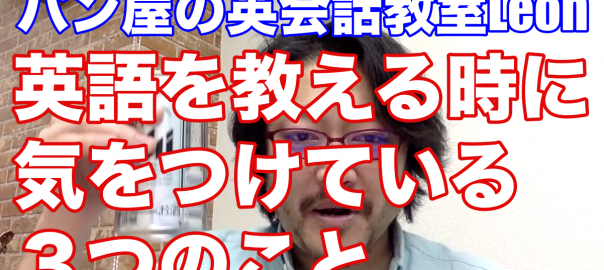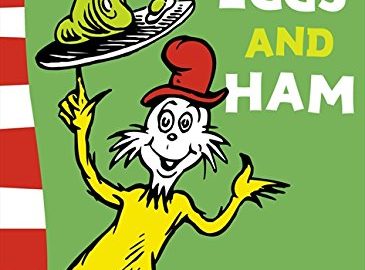Good day!
At this point, anything could happen. The government could decide to enforce a lockdown.
I suggest you stock up on food and water in case that happens.
ー初めにー
Today’s Riddle:
From this month onwards, I’m changing “Today’s Quote” to “Today’s Riddle”.
The goal of this is to help you think of words and phrases in English, that would hopefully encourage you to think in English, instead of thinking in Japanese first, then translating it to English.
“I am an odd number. Take away a letter and I become even. What number am I?”
*Hint
Odd numbers are “1 3 5 7 9 …”, while even numbers are “2 4 6 8 10 …”
The answer will be revealed next Thursday. Until then, good luck!
ー続いてー
Today’s Conversational Point:
We’ll also be changing this to something you can use more when you have conversations in English. For today, we’ll focus on ending conversations. It’s usually difficult to know when to end conversations, even for me. Here are a few phrases to keep in mind when you’re in those situations:
A) When you’re about to get off the train/bus:
“This is my stop. Have a great day/evening”
B) When you have to go back to your desk at work:
“I have to get back to work. It was nice catching up with you!*
C) When you have something urgent/important to do:
“I’m sorry, I really have to go. See you later/Good luck!”
D) When you don’t know when you’ll see each other again:
“It was nice getting to know you. I hope to see you again soon.”
ー最後にー
Today’s Column:
Aside from the Coronavirus, Japan is also facing the rise of hay fever. Every year, people have to prepare for the coming of the said allergies, and the article above are some tips and products to buy to prevent its worsening.
I’ve also attached a video that takes on a funny way of how hay fever is in Japan:
Remember to take care of yourself!
Ryo




